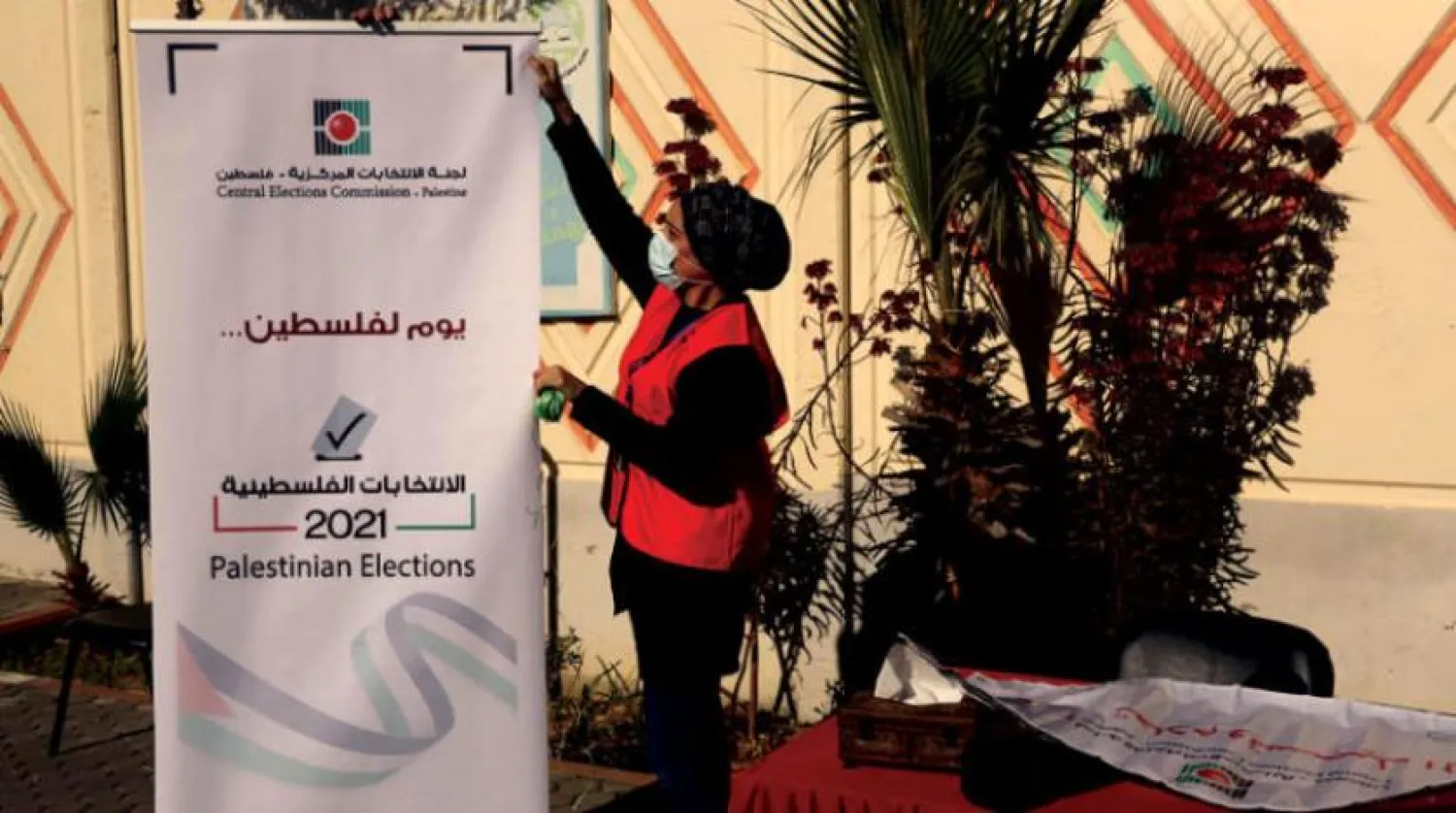Hamas wants to run a joint national list that includes all Palestinian factions in the upcoming general elections, announced member of the group’s politburo Suheil al-Hindi.
Palestinians plan to hold the legislative elections on May 22 and the presidential polls on July 31, for the first time in 15 years.
In statements to Hamas-affiliated "Palestine" newspaper, Hindi explained that the choice to participate in a joint list stems from a political program that "adheres to Palestinian constants and unified Palestinian position, which protects the national project."
However, he noted that Hamas has many alternatives, which are still subject to internal discussions if the list option doesn’t pan out.
Asked about the electoral court, Hindi stressed that Fatah and Hamas agreed on the important issues, indicating that the two presented a list of candidates and the judges who are fair will be chosen by consensus between all Palestinian factions.
The two factions also agreed that police in the Gaza Strip and the West Bank will supervise the elections outside the ballots.
Hindi indicated that Hamas formed a central election committee in preparation for the general elections, adding that regardless of the results, the movement will call on all parties to form a national government, even if it wins the majority.
Asked about Fatah’s message to the US administration, which included Hamas’s approval of a country within the borders of 1967 and its commitment to peaceful resistance and transfer of power, Hindi indicated that Hamas issued a document in 2017 affirming its acceptance of a Palestinian state within the borders of the occupied territories in '67, with Jerusalem as its capital.
The official also discussed the movement’s internal elections to choose new leadership, saying that they are still ongoing, and their results will be announced in the coming weeks.
The internal elections are taking place in a positive atmosphere, said Hindi, asserting the people's right to choose their representatives.
Hamas announced Tuesday the conclusion of the first stage of its internal elections to choose local shura councils with the participation of tens of thousands of its members.
The movement issued a statement asserting that the elections were held in Gaza and other regions, including the occupied West Bank and the diaspora.
"The election process took place in a positive, democratic, transparent, and fair atmosphere overseen by the Hamas central election commission, as per the movement's internal regulations," the statement said.
The elected representatives will then choose members of the General Shura Council which appoints the members and head of the political bureau. It is likely that Ismail Haniyeh will remain the head of the Political Bureau, and Yahya Sinwar will remain head of the movement in Gaza.









